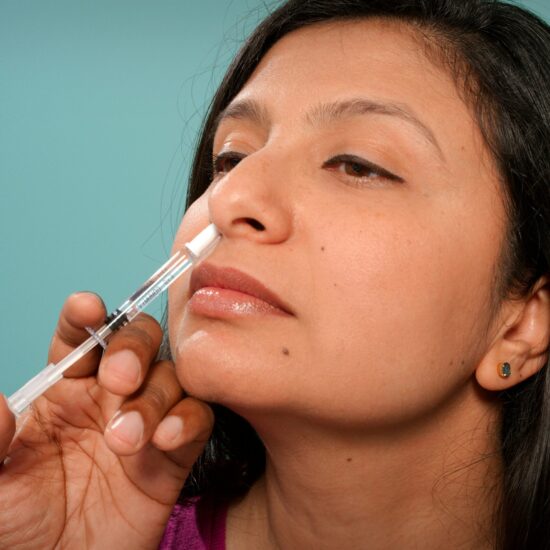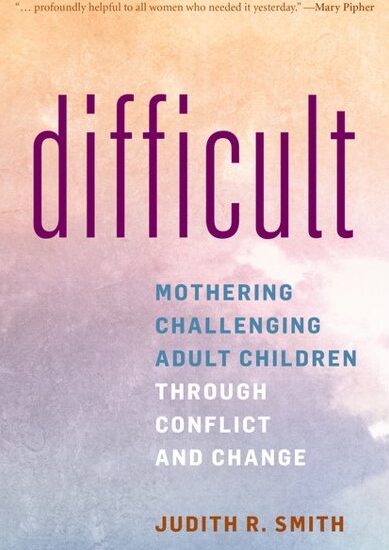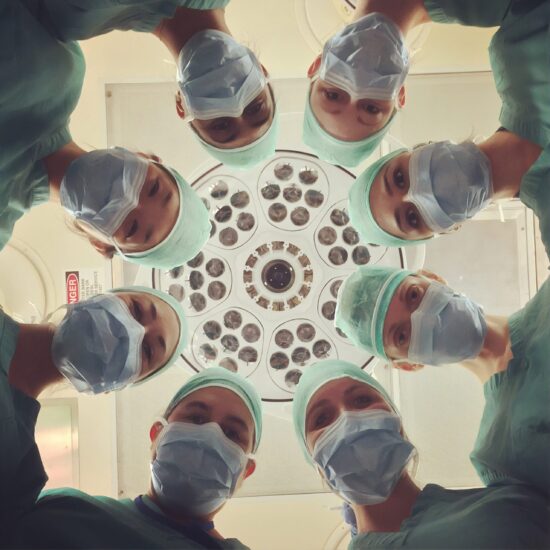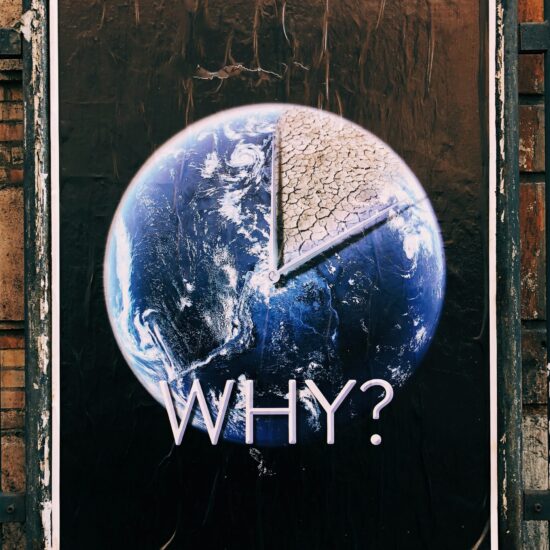The following guest post is by Patricia Wagner Dodson, a fiction writer and research nurse at Massey Cancer Center, Virginia Commonwealth University, Richmond, VA. She recently attended Telling Stories, Discovering Voice: A Writing Weekend for Nurses, led by Jim Stubenrauch and Joy Jacobson and co-sponsored by the CHMP and Hunter–Bellevue School of Nursing. Pat blogs at StoryStreams: fiction as comfort.
I’m a nurse, I might say.
But I don’t say it. I qualify it. I spin it. I elaborate on it. I never just say it.
I’ve often wondered why.
I used to think it might be because it sounds so ordinary. I imagine that the person I am speaking to might conjure up an image of a woman in white going from room to room, dispensing medications, holding the hands of the dying, recording the responses to treatment, changing IV fluids. I did that for six months when I graduated from nursing school. I was exhausted and miserable, and it nearly sent me back to my old job, the job I had before I became a nurse.
I was an editor for a school of continuing education at a large university. Funny, I never had any trouble telling people what I did for those seven years. I edit university publications—course catalogs, promotional pieces, handbooks. I said that without spinning, without elaboration. It’s a job people can imagine. You sit at a desk. You answer the phone. You write copy and prepare documents that people need.
But when I became a nurse I became something else, something not quite so simple. When I worked in the hospital, I was frazzled and frustrated. I would walk in the door—in my white uniform and white shoes—and it would all be too much. The hospital nurses I worked with, they were real nurses. They did it all without breaking a sweat. All the things I struggled to do, they did with ease. I thought nursing school might have been a terrible mistake. At the time I would even say out loud: I’m not a real nurse. I’m an English major who went to nursing school at the age of 30.
Then I became a public health nurse at our local city health department, and I knew what I did. I could actually say I’m a public health nurse with little or no elaboration. I worked in an infectious-disease clinic, and for five years I wore a navy blue dress and blue pumps. It wasn’t just the dress code that was a better fit for me.
Suddenly, I was doing what I had done my whole life—listening to stories. Good stories. Funny stories. Stories that still break my heart. I remember one patient, about 15, who came in after having sex with a new boy because her mom had assured her, if you do it, he’ll buy you that pair of shoes you want so much. I don’t know if she got the shoes she wanted, but I know she got gonorrhea. More important, she got something from me. Not just an injection to treat her gonorrhea, but some affection. I listened to her story, and then, like a good English major, I told her a story. A story about a girl who knew her own strength and didn’t believe what other people told her about herself. I talked to her about the fine art of negotiation. I didn’t just talk to her about safer sex and the need to negotiate condom usage, but I spoke to her about the most difficult negotiation of all—negotiating your own plot line, writing our own story.
When I was talking to that 15-year-old girl, I was also talking to myself.
I will always love public health nursing, even though I haven’t been a public health nurse for 15 years. It was where I began to learn what kind of nurse I could be, and how I could find my way in this strange world of nursing. It was the place I began to write my own nursing plot line. It was the beginning of consolidating my past and my present and moving a consolidated sense of self into work I could be proud of. It was where I started to become a real nurse.
I’m still figuring it out. At a recent workshop, Telling Stories, Discovering Voice: A Writing Weekend for Nurses, I was surprised to meet a group of nurses who, like me, were still struggling to tell their stories. Out loud and on paper. Most of the stories were about our patients and about ourselves, about how we came to be nurses. Most of the stories were about finding a way to say I’m a nurse and to keep doing work that is compelling and important and, far too frequently, unspoken and unwritten.
The sustained effort required to accomplish such work was a frequent topic of our conversation and our writing over the course of the workshop. As my nursing career has moved away from public health nursing toward research in HIV and cancer, I have had unusual opportunities to hear and to tell stories. The workshop provided an extraordinary place to sift through these stories and to hold them close and to tell them.
In the telling, I have begun to see that maybe I resist saying I’m a nurse, because the words seem too spare to hold the stories we need to tell.
But in this workshop community of real nurses and real writers, a consensus seemed to emerge: the stories need to be told. The workshop was the beginning of the telling.
And it was a lovely beginning.










djmasnrn / August 9, 2012
I love your story. I was particularly moved by the line “maybe I resist saying I’m a nurse, because the words seem too spare to hold the stories we need to tell.” I also kept thinking about the insightful piece by Claire Fagin and Donna Diers titled “Nursing as Metaphor” that was published some years ago in the New England Journal of Medicine and later in AJN. Here is a link to AJN’s messy but free reprint of it: http://journals.lww.com/ajnonline/Citation/1983/83090/Nursing_As_Metaphor.43.aspx
/
Tracy Tan / September 2, 2012
Very well written! I can totally identified with you. I hate being labelled when I said I’m a nurse, Congrats for finding for niche finally. I’m still searching myself here. But perhaps the other authors (Claire Fagin and Donna) is right. Instead of being defensive, next time I should just wistfully accept the reaction I evoke when I say I’m a nurse. And whatever the others said, always remember we are the tough, canny, autonomous & heroic” nurse who embrace whatever that comes along our duty.
/
Pingback: Weekend Writing Retreat for Nurses | HealthCetera - CHMP's Blog / June 20, 2013
/